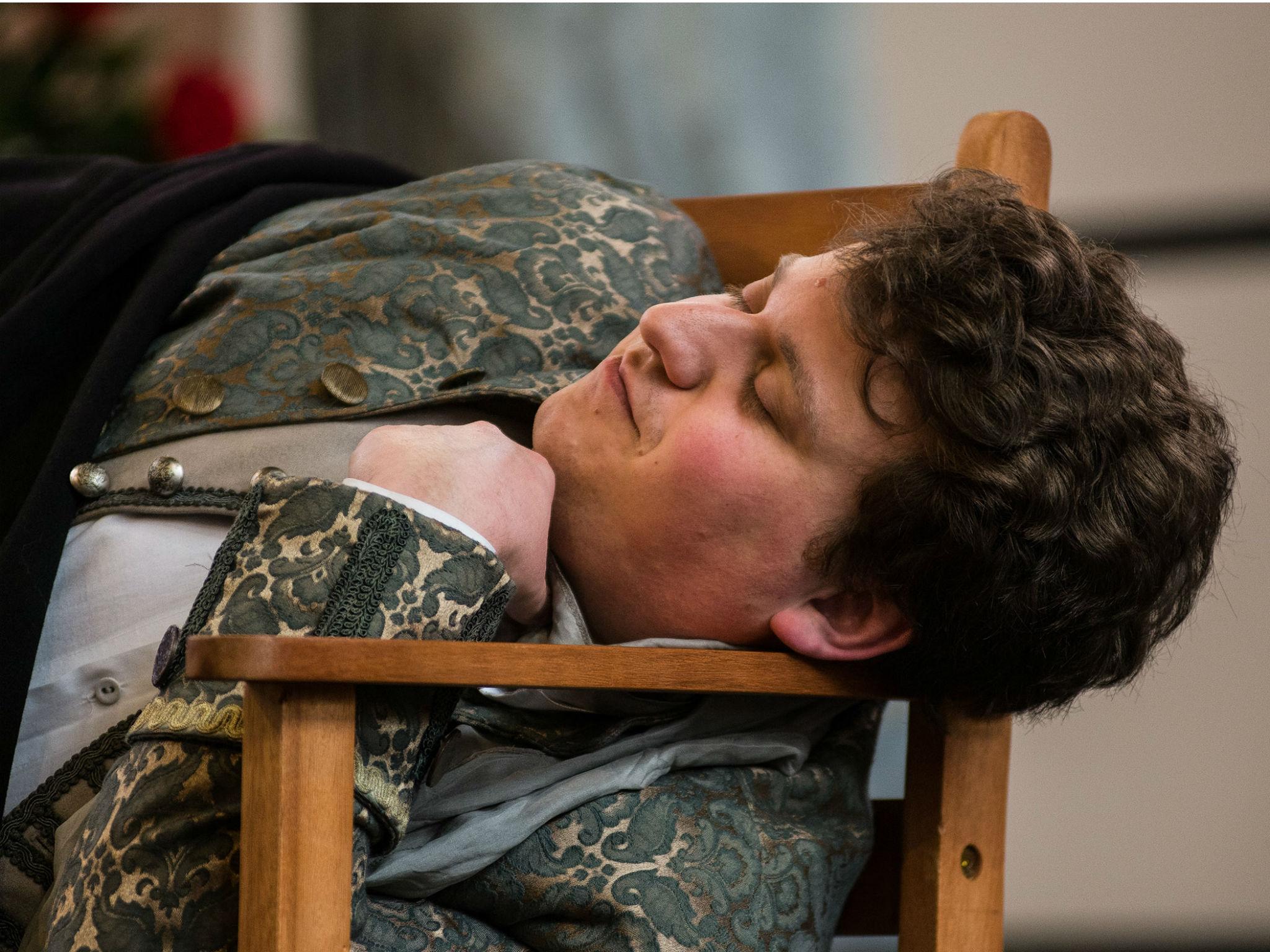Mozart 250 – The First Commandment, St John’s Smith Square, London, review: His contribution remarkably sketches the man he will become
Classical Opera's Mozart 250 continues to explore the music that was being written by Mozart and his contemporaries exactly 250 ago

Your support helps us to tell the story
From reproductive rights to climate change to Big Tech, The Independent is on the ground when the story is developing. Whether it's investigating the financials of Elon Musk's pro-Trump PAC or producing our latest documentary, 'The A Word', which shines a light on the American women fighting for reproductive rights, we know how important it is to parse out the facts from the messaging.
At such a critical moment in US history, we need reporters on the ground. Your donation allows us to keep sending journalists to speak to both sides of the story.
The Independent is trusted by Americans across the entire political spectrum. And unlike many other quality news outlets, we choose not to lock Americans out of our reporting and analysis with paywalls. We believe quality journalism should be available to everyone, paid for by those who can afford it.
Your support makes all the difference.Continuing their outstanding project of shadowing in real time what Mozart was up to 250 years ago, Ian Page and the sprightly forces of Classical Opera have reached Mozart’s first extended dramatic work: the first part of a sacred oratorio written as the 11-year-old arrived back in Salzburg after three years touring Northern Europe.
The subsequent parts by two other composers haven’t survived, but Mozart’s contribution remarkably sketches the man he will become, already tweaking the contemporary idiom to his own ends, adept at scene painting, and skilled at dramatic tension and comic pace. All these virtues shone brightly in Thomas Guthrie’s modest staging in Nigel Lewis’s light-hearted translation of this mini drama.
Christian is sleeping off the previous night’s revelries, while two sopranos, Justice and Compassion, bicker just like a couple of pagan goddesses over the unlikelihood of his salvation. Christian Spirit (strong tenor Sam Furness) begs for their help to save Christian. All is nearly lost with the arrival of Worldly Spirit, whose thrilling soprano coloratura blandishments risk seducing him away into hedonism. Fortunately, Christian (addictively moreish light tenor Alessandro Fisher) has had a vision of the last trump (in Stephanie Dyer’s elegant trombone), and thanks to Christian Spirit’s quick turn as a herbalist, both day and soul are saved.
Join our commenting forum
Join thought-provoking conversations, follow other Independent readers and see their replies
Comments